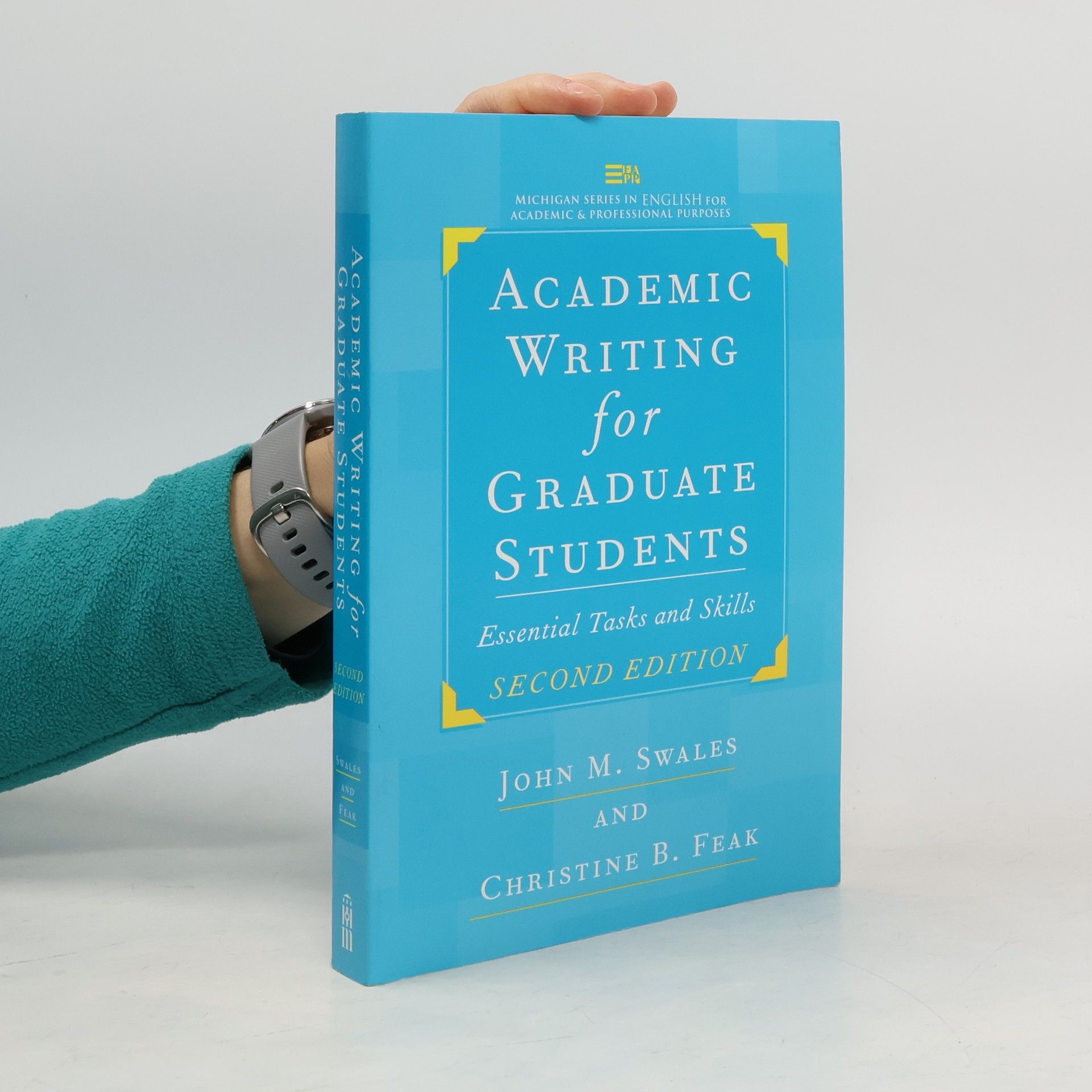The second edition of this successful guide to writing for graduate and undergraduate students has been modified to include updates and replacements of older data sets; an increased range of disciplines with tasks such as nursing, marketing, and art history; discussions of discourse analysis; a broader discussion of e-mail use that includes current e-mail practices. Like its predecessor, this edition of Academic Writing for Graduate Students" explains understanding the intended audience, the purpose of the paper, and academic genres." includes the use of task-based methodology, analytic group discussion, and genre consciousness-raising." shows how to write summaries and critiques." features "language focus" sections that address linguistic elements as they affect the wider rhetorical objectives." helps students position themselves as junior scholars in their academic communities.The Commentary has also been revised and is available.
Christine B. Feak Bücher

